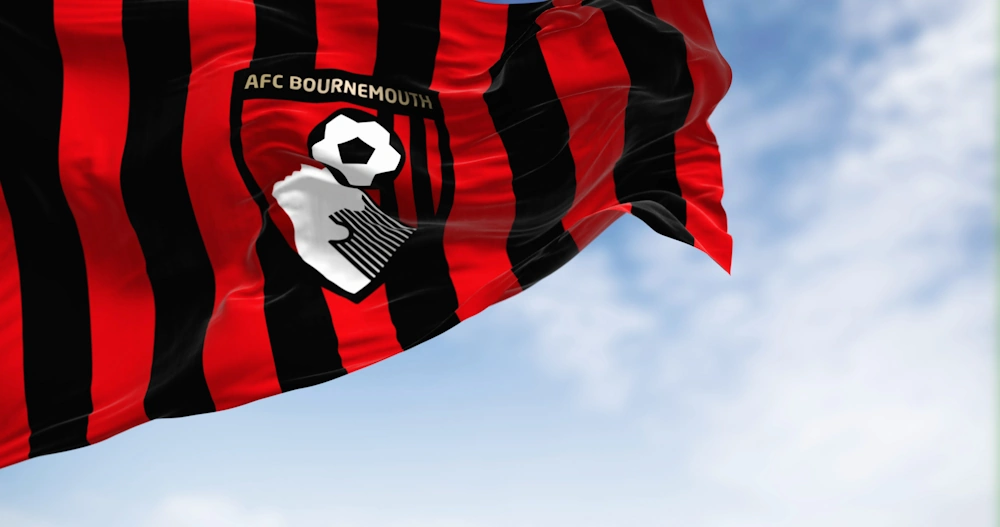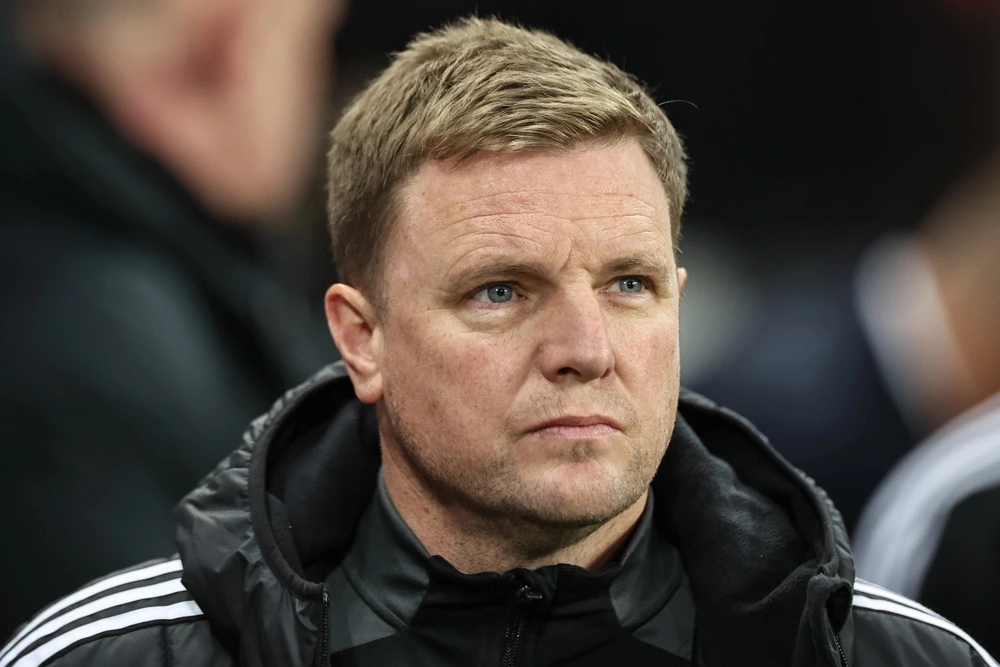Bournemouth's historic promotions
We all like fairy tales and in football they sometimes happen, and it is one of the many reasons why we love this sport. In 6 years, many things can happen and in football, even more. For Bournemouth, it was the time it took them to go from being close to disappearing as a professional institution to being a Premier League team, that is, going from hell to paradise. Many times, those players or coaches who have had the opportunity to be champions and have achieved a promotion, value the second more because of everything that moving up a category means for an institution. Bournemouth, with Eddie Howe at the helm, achieved three promotions in those 6 years, something with very few precedents in football, not only in England but worldwide.
©
Beginnings
The club was formed in 1899 as Boscombe Football Club, out of a defunct club called Boscombe St. John's Institute Football Club. In their first decade of existence, they were an amateur club that was a major local force. In the 1913-14 season they took part in the FA Cup, although the outbreak of World War I forced them to return to their local league. In 1920 they began their journey into professional football by joining the nascent Third Division. In 1923 the club changed its name to Bournemouth & Boscombe Athletic Football Club, seeking to become a reference point for the area, as Boscombe is a suburb of Bournemouth, Dorset. In 1971, the club adopted its current name, AFC Bournemouth, with the aim of having the club appear first on any English football list.The club established itself as a team in the third tier of English football, having spent virtually all of its professional career at that level, save for a couple of exceptions which saw them playing first in the fourth tier and then in the second. In the 2007-08 season, the club was deeply in debt and went into administration, as well as suffering points penalties in the EFL League One table. Bournemouth were struggling off the pitch as no convincing offers were coming in for the club, and were in an equally difficult situation at home which ended with the team being relegated to League Two.

Eddie Howe - today manager for Newcastle United
The rise
In the 2008-09 season the club nearly lost its Football League (today called English Football League, or EFL, which is the "league" for level 2 to 4 in the English football system) status as it remained in administration and was unable to find a new owner, however it was allowed to participate in League Two with a 17-point deduction. In January 2009 Eddie Howe was appointed as the club's new manager, having spent most of his playing career with Bournemouth and brief stints as a youth team coach at The Cherries. Despite being 17 points down at the end of the season the club miraculously avoided relegation, allowing local businessman Adam Murray and a group of investors to take over a majority stake in the club.The following season, an impressive run at the start of 2009-10 of 8 wins from 9 games helped Bournemouth finish in second place and complete their return to League One, despite having an active transfer ban in place due to the club's financial problems. Howe's good work did not escape the notice of Championship teams who made offers that the young coach rejected until January 2011, when he decided to accept Burnley's proposal. His place at Bournemouth was taken by another former player of the club, Lee Bradbury, who could not fill Howe's shoes, finishing the season in mid-table. He was replaced by Paul Groves, who was coach of Bournemouth's youth teams but at the beginning of the 2012-13 season, The Cherries were in the relegation places.
Thus, in October 2012, Howe returned to the club after two somewhat irregular seasons with Burnley. The team were on a run of one win in eleven games under Groves and with Howe's return they went fifteen games unbeaten in a row and after a poor run between February and March, they went on a winning streak (8 wins in the last 9 games of the tournament) that allowed them to finish in second place (after being in the relegation places), just one point behind champions Doncaster Rovers. In fact, Bournemouth would have been League One champions that season had it not been for a draw on the final day against Tranmere Rovers.
Objective: Premier League
Bournemouth's return to the second tier was the first time since 1990 and it had a promising start that invited fans to believe in another miracle. However, the team was unable to maintain its good form and gradually fell down the table, although in the end it managed to finish tenth in the Championship, its best position in the Football League to date. The following season, despite a shaky start, the club managed to establish themselves in the Championship to the point of being in the top three for most of the season, reaching the final matchday in second place with a real chance of being champions. Their opponents were Charlton Athletic (who were in mid-table) and the venue was The Valley, with a small ghost of a couple of seasons ago where they had missed the chance of winning League One. However, far from stage fright, Bournemouth achieved an impressive 0-3 victory that not only took them to the Premier League for the first time but also gave them the most important trophy in their history.Bournemouth had gone from being on the verge of being eliminated from the Football League and even close to disappearing in 2008 to being a Premier League team in 2015, a feat with very few precedents in football, not only English but worldwide, all at the hands of Eddie Howe who led the team in a series of "miracles" where it seemed that the time to adapt to a new league or a new level of football was not a problem.
